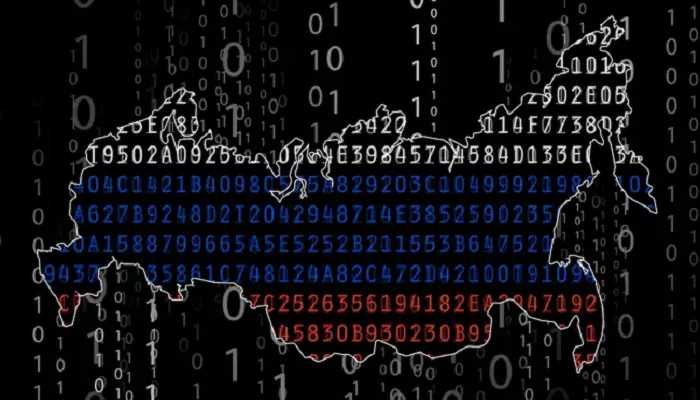Internet users in Russia are facing a new wave of online disruptions, with VPN services and a major DNS provider being targeted.
Since March 12, 2025, Russia’s internet watchdog, Roskomnadzor, has reportedly issued at least 47 removal orders to Google, demanding the removal of several VPN apps from the Google Play Store.
Just days later, on March 20, Cloudflare subnets were temporarily blocked, leading to large-scale internet outages across multiple Russian regions. The disruption left many popular websites inaccessible and caused connectivity issues for some VPN services due to DNS blocking.
Expanding Crackdown on VPNs
Roskomnadzor’s campaign against VPNs is not new, but the intensity of its efforts continues to grow. Nearly 200 VPNs have already been blocked across Russia, and now Google has received additional removal requests.
A Russian journalist counted 47 new requests since March 12, targeting VPN services such as HideMyNetVPN, Proxy Shield VPN, and Secure VPN. It remains unclear whether Google has complied with these orders.
This follows a similar pattern seen with Apple, which removed around 60 VPN apps from its App Store in Russia between July and September 2024. In total, 98 VPN applications are now unavailable on Apple’s platform in the country.
The removal orders are reportedly based on a law enforced in March 2024 that criminalizes sharing information about tools used to bypass internet restrictions, including VPNs.
Cloudflare Blocked, Millions of IPs Affected
Russia’s latest restrictions also impacted Cloudflare subnets—a group of over 500,000 IP addresses—causing outages in eastern regions, from the Urals to Primorye.
According to a technical expert from the Russian digital rights group Roskomsvoboda, approximately 1.5 million IP addresses were affected. Popular platforms such as TikTok, Steam, Twitch, Epic Games, DeepSeek, Duolingo, and several mobile operator websites were inaccessible without a VPN.
VPN services also faced disruptions, as many rely on Cloudflare for network management. Warp VPN, a service developed by Cloudflare, stopped working entirely.
Roskomnadzor responded by stating that officials “will conduct scheduled technical checks of the use of foreign server infrastructure by Russian services and telecom operators.”
While the issue has since been resolved, Roskomsvoboda experts warn that a full-scale Cloudflare ban could be imminent.
“Judging by the scale of these ‘exercises,’ this may happen quite soon,” a Roskomsvoboda expert told TechRadar, comparing the situation to Iran, which has already blocked Cloudflare. If this happens, all mobile apps and online services that rely on Cloudflare as a Content Delivery Network (CDN) could stop working in Russia.

